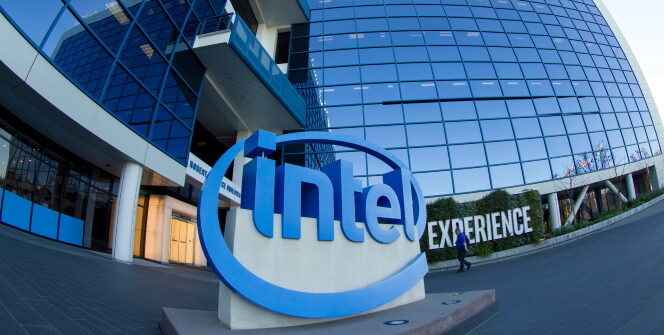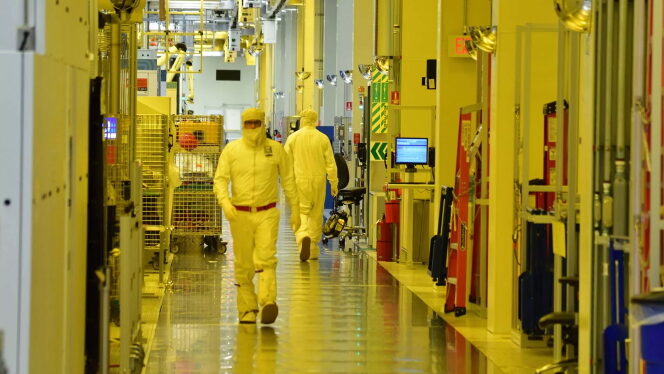TECH NEWS – Intel is banned from building factories in China for a decade if it accepts CHIPS Act cash. Which it will absolutely do.
The US will ban some major US chipmaking companies, such as Intel, from building “advanced technology facilities” (or “fabs”) in China, the Biden administration announced.
The ban will apply to all companies that receive funding under the CHIPS and Science Act passed by the US Congress in August and will last for ten years. The law aims to boost domestic production of semiconductors by providing $50 billion in subsidies to applicant companies. More than half of the amount will go to high-tech facilities producing today’s top-end chips, although a smaller amount will help alleviate demand for older chips and support research.
In general, it is about moving the manufacturing hub, which is currently very much focused on Asia, slightly further west.
Although banning all companies from exploring opportunities in China is certainly another way of doing this.
One of the big companies known to PC gamers everywhere that stand to make a lot of money from the CHIPS Act is Intel. The company’s CEO, Pat Gelsinger, has campaigned fiercely for the law, and Intel will be one of the biggest beneficiaries of the law, given the company’s extensive domestic and international chip manufacturing facilities. One of these is located in Dalian, China, known as Fab 68.
Although Fab 68 is just one of several factories owned and operated by Intel worldwide, it was recently slated for a major expansion – a move that the White House reportedly did not support. Now it appears that the White House has found an even more potent way to keep Intel’s investment away from China, as the latest stipulation in the CHIPS Act to receive funds effectively puts an end to that plan or anything like it.
Memory maker Micron may also be forced to shelve any further plans for China if it hopes to receive a lump sum of money from the US government. The company operates an assembly and testing plant in Xi’an, China, which first opened in 2007. However, the US government has stipulated that any facility producing older chips can operate in the region to serve the local area.
However, both Intel and Micron have announced plans to expand their US sites, and Intel is also building and growing in the EU.
This ban does not necessarily directly affect companies such as Nvidia or AMD, as they rely on third parties to manufacture chips for them. However, neither of them has completely escaped the attention of the US administration: both have been ordered to stop sending high-end data centre GPUs to China and Russia.
Source: The Guardian, The New York Times, Tom’s Hardware

















Leave a Reply